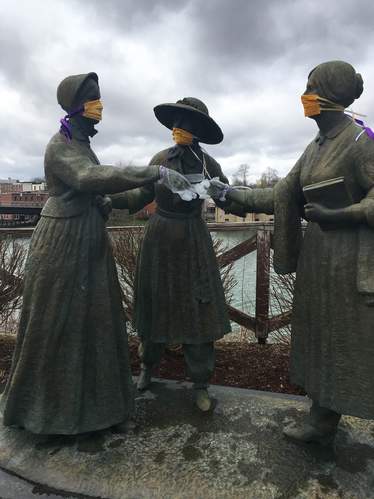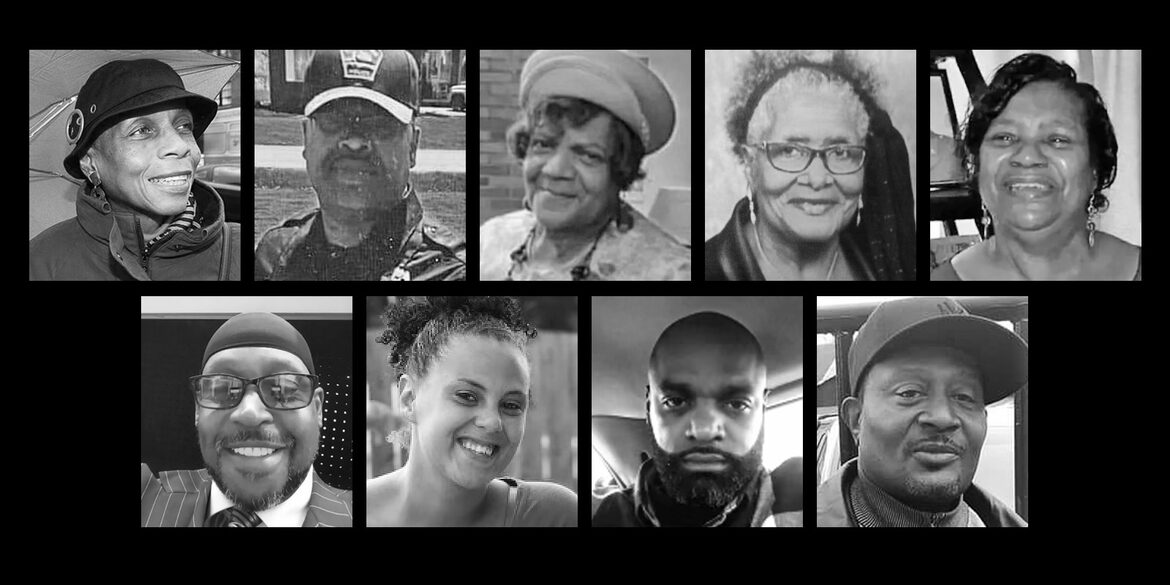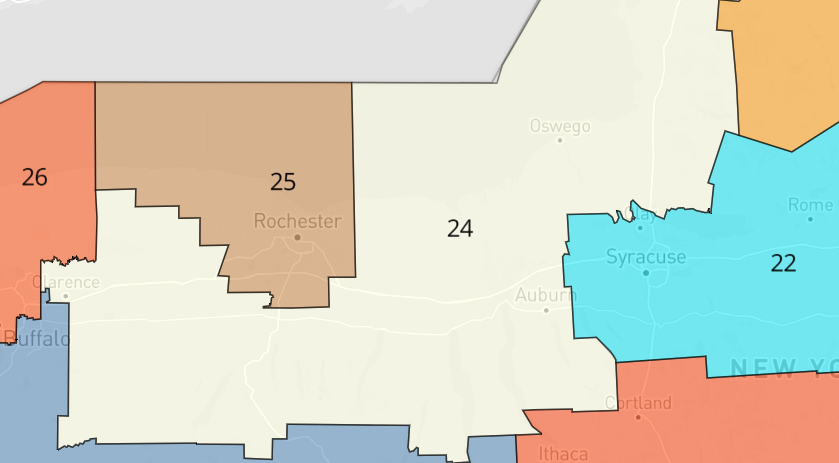|
More good news today for Bidenomics, as the gross domestic product report for the second quarter showed annualized growth of 2.4%, higher than projected, and inflation rose at a slower pace of 2.6%, down from last quarter and well below projections. Economic analyst Steven Rattner noted that as of the second quarter, “the US economy is over 6% larger than it was before COVID (after adjusting for inflation). At this point in the recovery from the Great Recession, 2011, the economy was just 0.7% larger than it had been in 2007.”
Both consumer spending and business investment, which is up 7.7% in real annualized terms, drove this growth. Business spending makes up a much smaller share of gross domestic product, but it drives future jobs and growth, and much of this growth is in manufacturing facilities. In keeping with that trend, the nation’s largest solar panel manufacturer, First Solar, announced today that it will build a fifth factory in the U.S. as alternative energy technology takes off. This commitment brings to more than $2.8 billion the amount First Solar has invested in the U.S. to ramp up production.
While so-called Bidenomics is designed to rebuild the middle class, the administration is also trying to reestablish fair ground rules for corporate behavior. Yesterday, the Departments of Justice, Commerce, and Treasury invited American businesses to come forward voluntarily if they think they might have violated U.S. sanctions, export controls, or other national security laws by sharing sensitive technology or helping sanctioned individuals launder money. Coming forward “can provide significant mitigation of civil or criminal liability,” the note says.
It highlighted the anti–money laundering and sanctions whistleblower program in the Treasury Department’s Financial Crimes Enforcement Network, or FinCEN.
While many of us were watching the federal courthouse in Washington, D.C., to see if an indictment was forthcoming against former president Trump for his attempt to overturn the results of the 2020 election, a different set of charges appeared tonight. Special counsel Jack Smith brought additional charges against Trump in connection with his retention of classified documents.
The new indictment alleges that Trump plotted to delete video from security cameras near the storage room where he had stored boxes containing classified documents, and did so after the Department of Justice subpoenaed that footage. That effort to delete the video involved a third co-conspirator, Carlos De Oliveira, who has been added to the case.
De Oliveira is a former valet at the Trump Organization’s Mar-a-Lago property who became property manager there in January 2022. Allegedly, he told another Trump employee that “the boss” wanted the server deleted and that the conversation should stay between the two of them.
In the Washington Post, legal columnist Ruth Marcus wrote, “The alleged conduct—yes, even after all these years of watching Trump flagrantly flout norms—is nothing short of jaw-dropping: Trump allegedly conspired with others to destroy evidence.” If the allegations hold up, “the former president is a common criminal—and an uncommonly stupid one.”
This superseding indictment reiterates the material from the original indictment, and as I reread it, it still blows my mind that Trump allegedly compromised national security documents from the Central Intelligence Agency, the Department of Defense, the National Security Agency, the National Geospatial Intelligence Agency (surveillance imagery), the National Reconnaissance Office (surveillance and maps), the Department of Energy (nuclear weapons), and the Department of State and Bureau of Intelligence and Research (diplomatic intelligence).
It sounds like he was a one-man wrecking ball, aimed at our national security.
|







